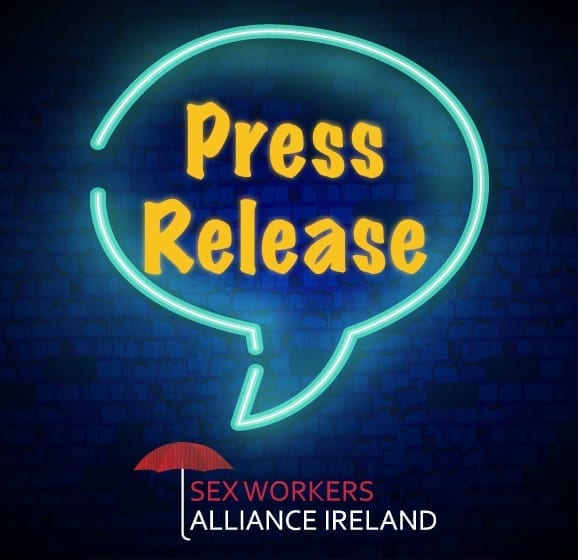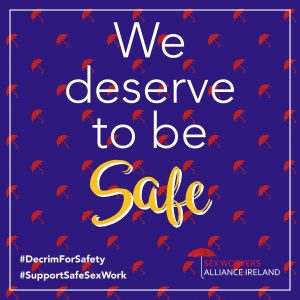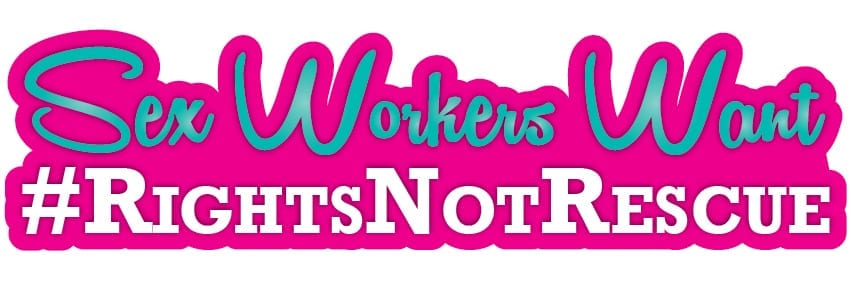
Risk of eviction, mass surveillance and threats to our livelihood are just some of the issues that sex workers have faced just days into the 16 days of activism against gender-based violence.
“We have been inundated with calls and messages from sex workers who have received texts from the Gardaí. These texts have terrorised a population that is already fearful of interaction with the Gardaí” says Linda Kavanagh from the Sex Workers Alliance Ireland (SWAI).
“This week there have been reports of so-called welfare checks by Gardaí on sex workers, where Gardaí have posed as clients and lied to sex workers to get access to them. The Gardaí have then taken the names of the landlords of these premises. Brothel raids have been conducted both north and south of the border and there have been trafficking arrests. However, there is no mention of the welfare of the sex workers who worked there. This is not how to go about combatting trafficking and exploitation in the sex industry.”
“Ireland must recognise that, for sex workers, Gardaí can be a vector of violence. The “I Must Be Some Person” research, published in August of this year highlighted that one in five street sex workers interviewed had experienced being sexually exploited by the Gardaí. Trust in the Garda amongst the rest of the population is at 90% according to the Gardaí’s own research. If we compare that to the Ugly Mugs stats, the only stats of crimes against sex workers that are collected, we see that less than 1% of sex workers report crimes against them to Gardaí.”
“The 2017 law is failing on its own terms. It has pushed sex work underground, away from Gardaí and services that can help. The law does nothing to improve the situation of a population who are already on the margins of society. In order to improve relationships with Gardaí, we must decriminalise sex work so that sex workers can feel safe reporting crimes against them. Sex workers deserve to be safe and they deserve laws that uphold their safety.”


 ess releasem
ess releasem